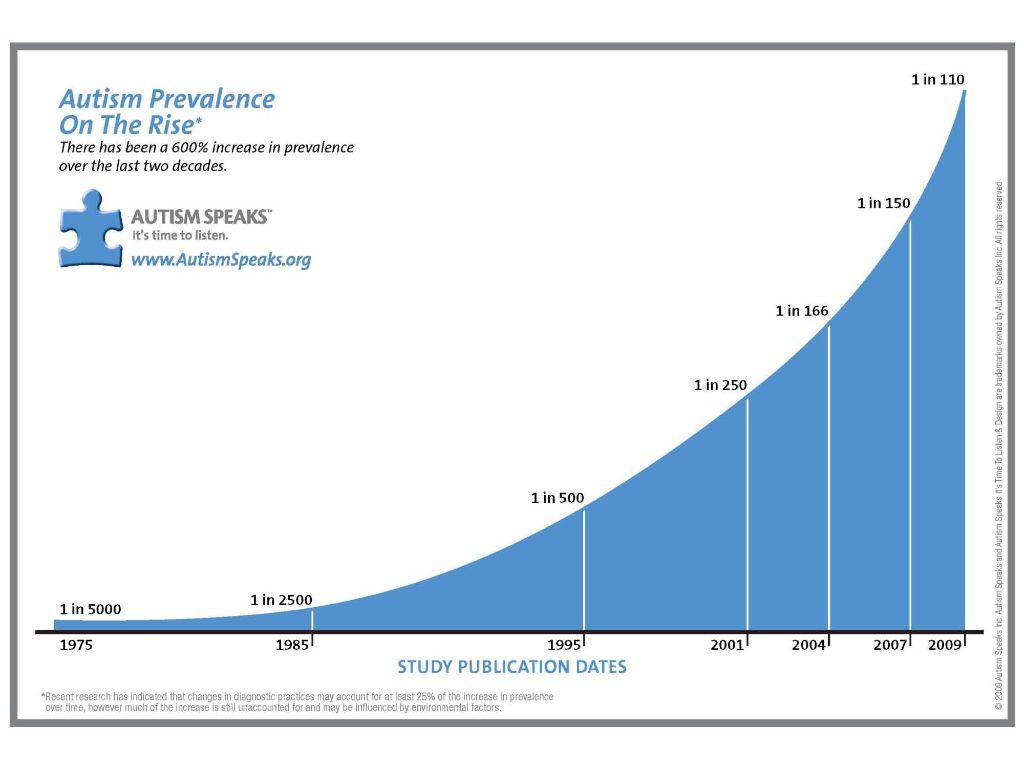Vaccines are about to take center stage, if Robert Kennedy Jr. has anything to say about it (and odds are he will have a lot to say, and from a position of great power in the new U.S. administration, if confirmed).
Kennedy long has argued that vaccines, particularly the one for polio, have sometimes caused more harm than good. Critics say his vocal opposition led to unnecessary deaths recently in at least one Third World nation. And former Senate Majority Leader Mitch McConnell, the outgoing Republican leader and a polio survivor, warns about the toll such denunciations may wreak.
Equally long have we held concerns about the polio vaccine and what we saw as the probability that, in its previous forms (it has been reformulated), it caused autism, which, at 5.4 million cases, likely surpasses polio itself in terms of cumulative cases. That’s a very major harmful effect.
Unlike autism, however, polio can kill, and many who survived the disease were left with lifelong impacts such as leg braces, crutches, or wheelchairs (McConnell limps). Others had to use an artificial respirator (known as the “iron lung”), which was designed specifically to treat polio patients.
By 1950, the disease was paralyzing or killing more than 500,000 people a year. A major outbreak in New York City in 1916 killed more than 2,000 people. The nation’s worst outbreak in 1952 claimed more than 3,000 lives. The vaccines changed that radically and for the better. No denying this.
Is the disease now about to make a return?
Today there are polio outbreaks in nations that have resisted vaccination, such as Nigeria, Pakistan, and Afghanistan. In recent months, poliovirus also has been detected in wastewater in Germany, Spain, and Poland (nations that have many immigrants from places like Afghanistan).
Like the mRNA vaccine for Covid (which is not a typical vaccine and supposedly disappears from the body soon after injection, spurring an immune response), the question is simply how many were/are saved versus how many may suffer its ill side effects.
The general scientific consensus is that vaccines save far more people than they damage.
But this, of course, remains a matter of hot debate. The health concerns about polio vaccinations sprang in large part from worries that adding “adjuvants” to the vaccines (substances that preserve or enhance the vaccine, such as mercury, which is linked to brain damage but has long been removed) caused many ill effects.
In the U.S., 5,437,988 adults (18 and older) have “autism spectrum disorder.” Add to that 1.5 million who are younger (ages 3-17 years). According to the Centers for Disease Control and Prevention (CDC), about 1 in 36 children in the U.S. were diagnosed with autism in 2023, compared to 1 in 150 in 2000.
Hidden in the famous vaccine for polio was also a virus that many experts believe has helped spur a cancer epidemic. For polio vaccines were once contaminated with Simian Virus-40, which can lead to rare brain cancers. Some believe the contamination continued through the 1960s, 1970s, and 1980s and as recently as 1998.
SV40 is a frightening thing to have in the body. By 1999, numerous microbiologists, pathologists, and virologists around the globe had detected it in actual tumors, while surrounding tissues were free of the virus. Those cancers included brain malignancies such as astrocytoma, glioblastoma, medulloblastoma, and pituitary adenoma; the fatal lung cancer called mesothelioma; and growths in the bone.
Let us repeat: the monkey virus was found in actual tumors and was emitting proteins indicating it was behind the tumors to start with (not just hiding in them). In short, it may have caused an unseen epidemic.
It hardly means everyone inoculated or even a substantial percentage got sick from it. And it is no longer in the polio vaccine.
But is it a warning?
(There’s also the dilemma of vaccines—including a major one for measles—that were derived from cell lines of babies aborted decades ago.)
Some tough calls, to be sure. For your own prayerful reckoning.
[resources: The God of Healing and “Special Reports”]
[Footnote: chemicals in food, water, and the air also cause autism.}



